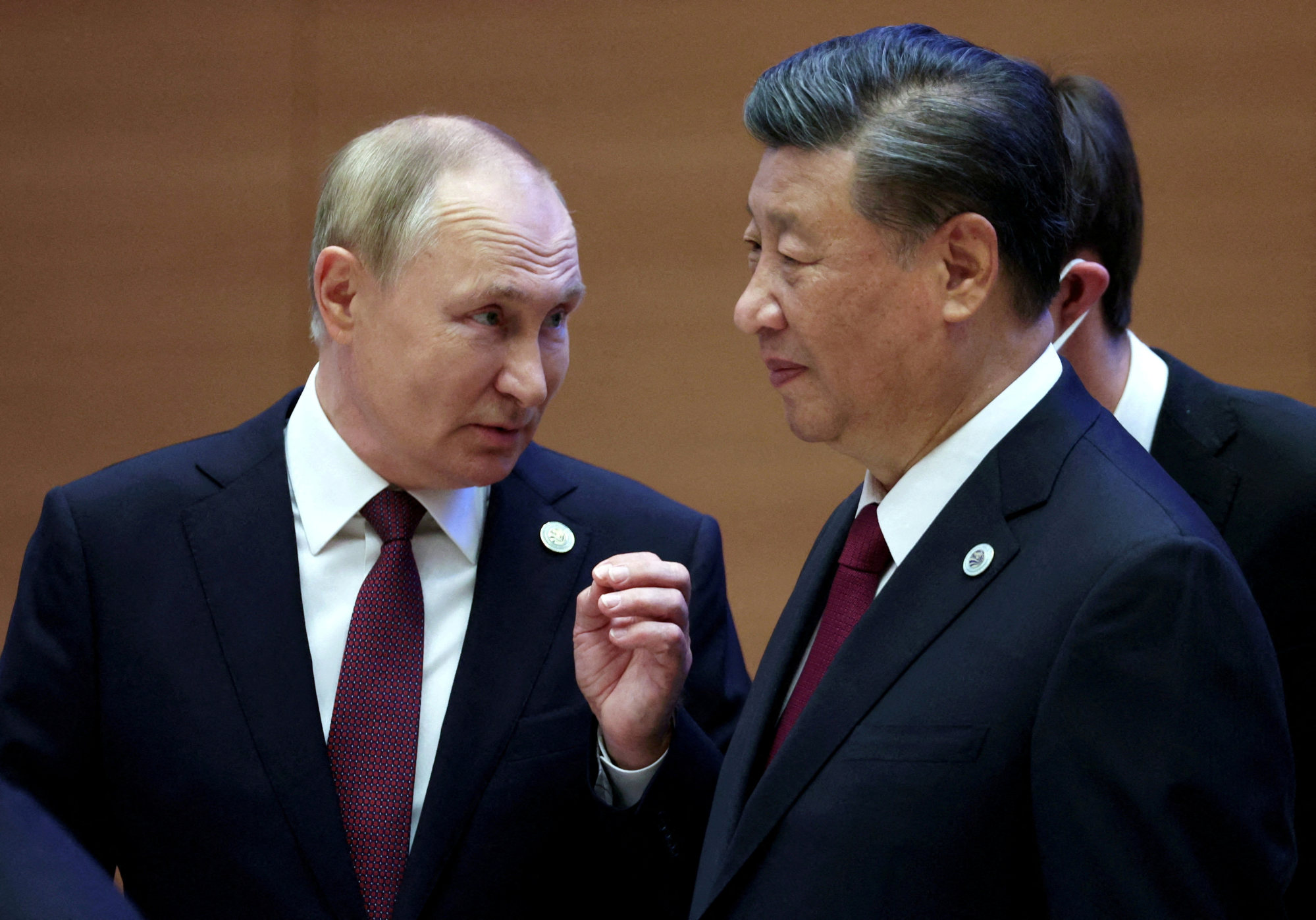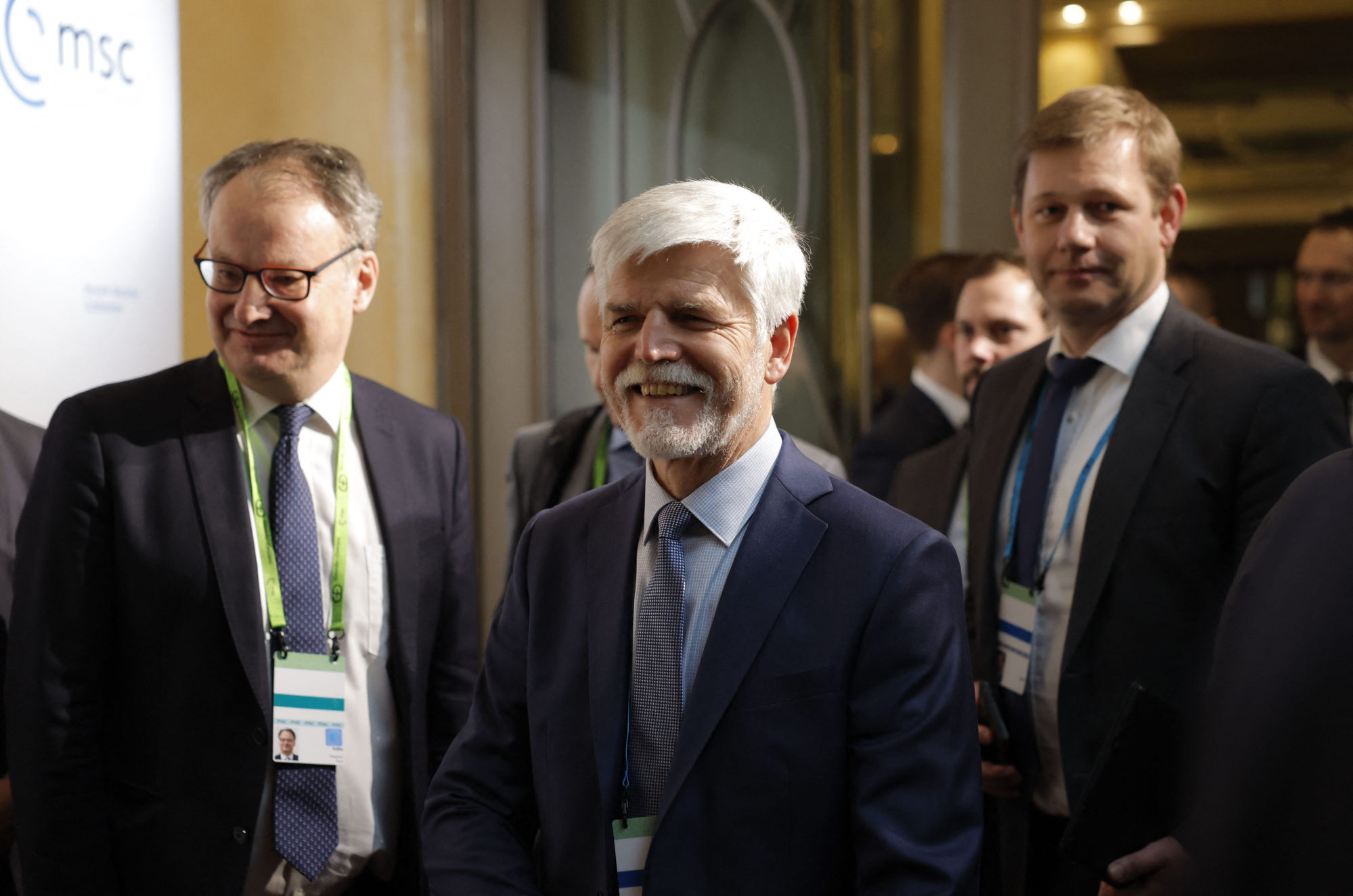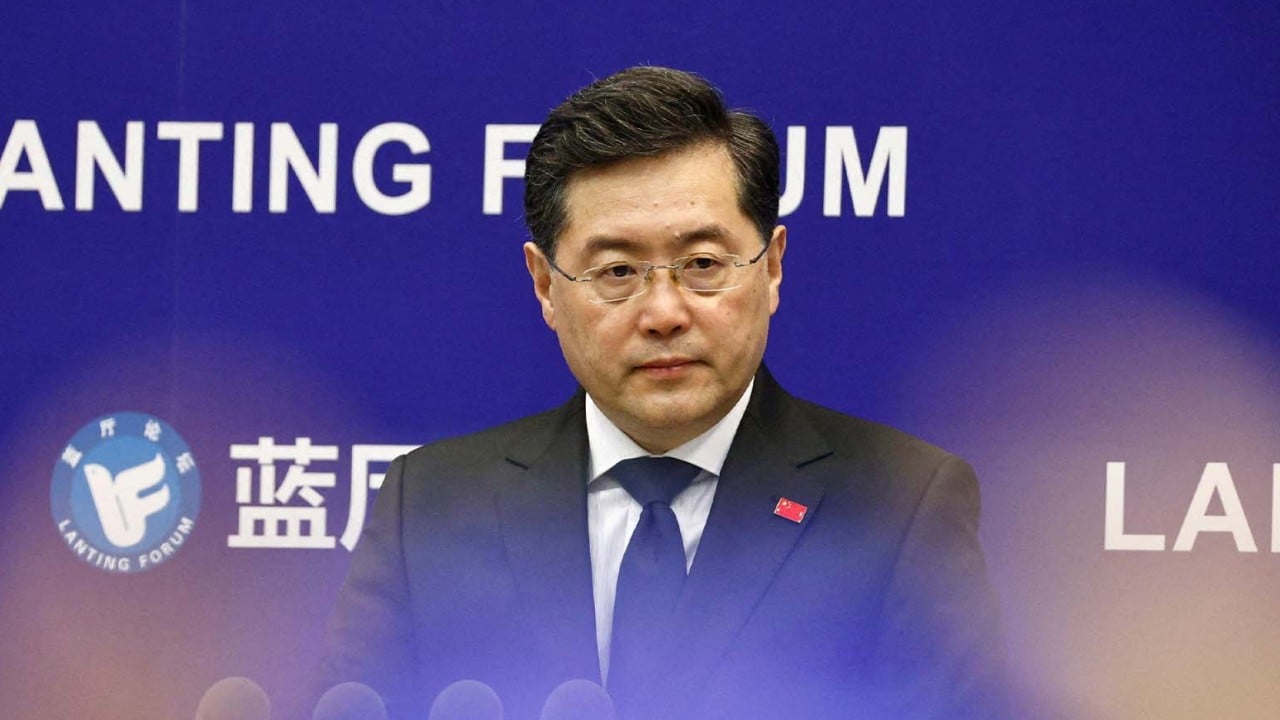
How the EU-China relationship became a casualty of Russia’s war in Ukraine
- Russia’s invasion, and Beijing’s perceived support for Moscow, have overshadowed everything else for the past 12 months
- Western Europe still seems keen to maintain strong ties, but central and eastern Europe say Beijing has not delivered on investments
When European and Chinese officials talk these days, the meetings tend to follow a certain pattern.

The Chinese say the war is not their business, that they have no sway over Putin, and that they support a peaceful settlement, before laying the blame for the conflict largely at the feet of the United States and Nato, echoing Putin’s rationale for the invasion.
Only once these awkward exchanges have taken place can other matters be discussed. According to officials and diplomats, the dynamic plays out at every level from the top down, from discussions between Chinese President Xi Jinping and European Council president Charles Michel in December, to talks between Beijing’s envoy for central and eastern Europe Jiang Yu and mid-ranking diplomats last year.
‘Red line’: Europe warns China not to send weapons to Russia
This pattern is unlikely to change any time soon.
The invasion – and specifically Beijing’s perceived support for Moscow’s military assault – has overshadowed everything else in the EU-China relationship for the past 12 months.
After a year of talking at each other, neither side has managed to convince the other of the merits of their arguments. They remain poles apart on their views of why the war started and how it should end.
The negative impact of the invasion on the EU’s thinking on China is here to stay
“We condemn Russian aggression against Ukraine and support this country’s sovereignty, democracy, not because we follow the US blindly, as sometimes China suggests, but because it is our position,” Borrell said at the time, addressing persistent Chinese claims that Europe is a puppet of Washington.
Chinese diplomats have, meanwhile, expressed frustration that Europe continues to press Beijing on Russia.
“Frankly speaking, I feel somewhat disappointed, I would say, that even nowadays, 10 months after the start of this crisis, people are still using this to say that China is on the wrong side,” Beijing’s envoy to the EU Fu Cong told the South China Morning Post in December.

Things took a rockier turn last week, however, when Brussels appeared exasperated by a Chinese position paper for peace in Ukraine that it said ignored Kyiv’s basic requirements.
European Commission president Ursula von der Leyen implied that China was not a neutral party in the conflict.
“So we will look at the principles of course, but we will look at them against the backdrop that China has taken sides.”
US allegations and media reports that Beijing was preparing to provide lethal weapons to Moscow have soured the mood further still.
The EU insists it has not seen hard evidence of this situation unfolding, but that it was remaining vigilant.
“We currently have no clear evidence of China providing lethal weapons systems to Russia,” said Nabila Massrali, a spokeswoman for the bloc, however she added that “military assistance to help Ukraine defend itself against Russian aggression is fully legitimate under the UN Charter – by contrast, arming the aggressor would be a clear violation of international law”.
On and off the record, EU figures have adopted a more hostile tone towards Beijing in recent days. Diplomats and officials scoffed at the idea that China – which strenuously denied the reports – was neutral.
“Neutrality means not sitting across the table from Putin and reaffirming your ‘no limits’ partnership,” said one European diplomat, who added that despite the recent spate of EU-China meetings, there would be “no more business as usual”.

A second European diplomat said that supplying arms would “not help China’s ‘neutral’ image and definitely doesn’t contribute to taking their paper seriously. Europe is not neutral either, we strongly support Ukraine. But we don’t claim to be so.”
But still, there have been few substantive legislative shifts.
Instead, the war has changed the tone of the conversation about China in Europe, heightened scepticism towards Beijing and other autocracies and accelerated existing trends that will shape the EU’s China policies for decades to come.
“The negative impact of the invasion on the EU’s thinking on China is here to stay, even if China and the EU stabilise their relations in the short term,” said Grzegorz Stec, a Brussels-based analyst at the Mercator Institute for China Studies.
He described the recent flurry of engagement as a “period of tactical stabilisation of bilateral relations” born out of economic necessity, with Europe facing high inflation and low growth.
“But fundamentally the strategic divergence of interests underscored by the war has not changed and will continue to play out,” Stec said.
Brussels has proposed a law aimed at weaning itself off Chinese-processed critical minerals, and advanced China-focused laws designed to tackle economic bullying and ban goods made with forced labour from the EU market.
A conversation concerning economic resilience and supply chain diversification, initiated during the pandemic, has gained momentum, while whispers about screening European investments in critical sectors in China are growing louder.
“China’s support for Russia and the exposure of pitfalls of economic dependencies by the war has shifted the strategic thinking on China in EU capitals. These strategic recalculations by the EU are largely why China’s ongoing charm offensive is not as effective as Beijing might have hoped,” Stec said.
The war has also helped cement a geographical divide on how China is perceived in Europe, with security concerns rising in the east and economic issues dominating the west.
Estonia and Latvia followed Lithuania out of Beijing’s erstwhile 17+1 grouping of central and eastern European countries last year – dropping the investment group to 14+1 – following China’s rhetorical backing for Russia’s talking points on Ukraine.
In Prague, Czech Republic president-elect Petr Pavel caused a storm by calling Taiwanese President Tsai Ing-wen after his election victory last month, suggesting that the window on how Europe deals with Taipei had been widened.
“My personal view is that China has no real interest in the defeat of Russia. They need Russia not too strong, but also not too collapsed,” Pavel told CNN last week, adding that he believed “there might be some kind of support from China to Russia”.

Pavel’s shift from the pro-China policies of his predecessor Milos Zeman was spurred by the invasion of Ukraine, said Martin Hála, the founder of Sinopsis, a website analysing Sino-Czech relations.
He said Pavel’s stance was “basically a return” to the traditional support for liberal democratic values and antipathy towards autocratic governments of the late president Vaclav Havel.
“It precedes the Russian aggression and the Chinese response, which only reinforced it.”
Hála said the divide between western Europe – which appeared keen to bolster economic ties with China – and central and eastern Europe (CEE) had been entrenched due to years of China under-delivering on investments, as well as its backing of Russia.
“It is in some ways reminiscent of the previous divide on Russia. The region had a different experience with Russia [than western Europe], and now it has a different experience with China.”
Marking 1 year of war in Ukraine, UN chief denounces Russia
Justyna Szczudlik, a researcher focused on China at the Polish Institute of International Affairs, said Beijing’s “endorsement of the invasion has made our relationship worse”.
“When it comes to the CEE countries, we are still afraid of Russia, and worried about what is going on in Russia-China relations – we always have been.
“Things are worse now not just because of the war, but the invasion has accelerated the deterioration,” she said.
For Chinese observers, the past year has reinforced the view that Europe lacks autonomy and blindly follows the United States – a position that European officials flatly reject.
“The general feeling in China tends to be that so long as the Russo-Ukrainian war hasn’t been resolved, the EU’s dependence on the US will remain and the short- to medium-term prospects for greater EU strategic autonomy are bleak,” said Thomas des Garets Geddes, who writes Sinification, a newsletter covering Chinese think-tank and academic views on international affairs.
Facing pressure over Ukraine, China’s top diplomat calls for closer EU ties
These views were confirmed by Lanxin Xiang, a research fellow at Harvard University’s Belfer Centre, who said that while he had “long been considered a Europhile in China, now I am not sure the trend is optimistic for future relations”.
He said that the frequency with which Taiwan appeared on EU agendas since the invasion proved that Europe was “jumping on the US Taiwan narrative”.
Xiang warned that the past year had shown that “500 years of Western dominance of world affairs is over, and China and Russia will not abide by the Western ‘rules-based international order’ any more”.
Should the EU push the envelope on Taiwan, it would have catastrophic results, Xiang warned.
“China is no longer afraid of losing Europe,” said Xiang, particularly “if the latter abandons its one-China policy”.


